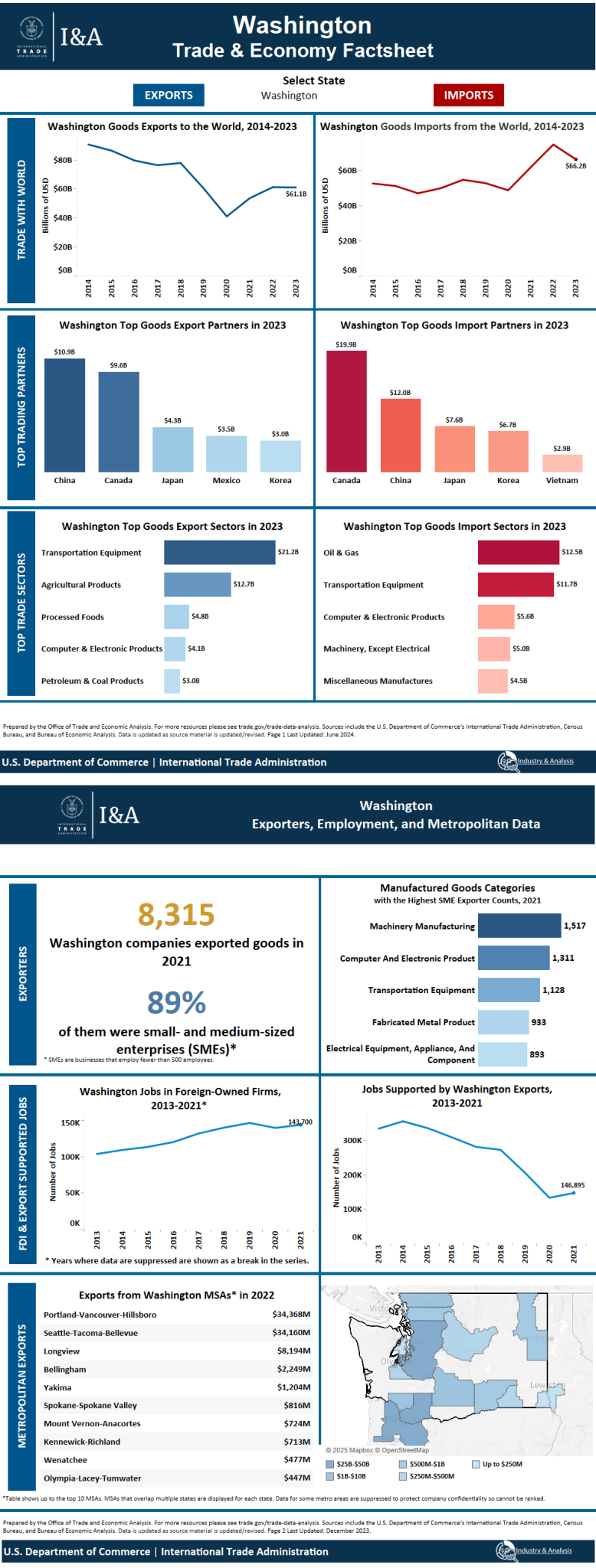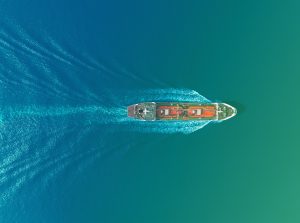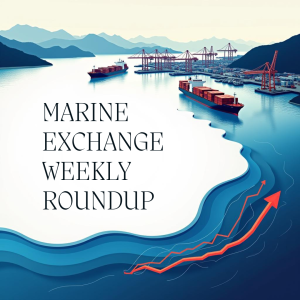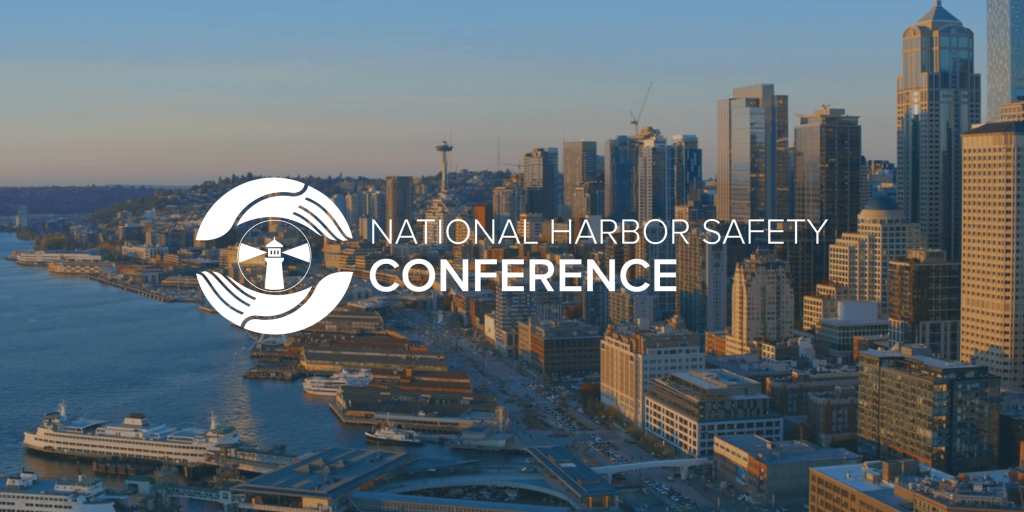
On February 4th, 2025, new U.S. tariffs will take effect, impacting trade with Canada and China. Originally, these tariffs were due to impact trade with Mexico as well, but this has been deferred for one month as Mexico has agreed to surge security personnel to the border in exchange. These measures introduce significant changes to import costs and supply chain logistics, which will have direct implications for Washington State’s ports, trade flows, and maritime operations.
Summary of Key Changes:
- A 25% tariff on all Canadian and Mexican imports, except for energy products, which will be subject to a 10% tariff.
- A 10% additional tariff on all Chinese imports.
- Elimination of the de minimis rule for Canada and Mexico, meaning that low-value shipments that previously entered duty-free will now be subject to tariffs.
- Cargo loaded before February 1st is exempt from the new tariffs.
Response and Retaliatory Measures:
- Canada will impose 25% tariffs on $30 billion worth of U.S. goods, escalating to $155 billion in three weeks. The affected products include agriculture, alcohol, lumber, household goods, and aerospace components.
- Mexico has negotiated a one-month extension of the U.S. tariffs by agreeing to deploy additional security personnel to the border. Details of Mexico’s potential countermeasures have not yet been announced.
- China has filed a World Trade Organization (WTO) complaint and is preparing retaliatory countermeasures that may affect Washington’s aerospace, agricultural, and technology exports.
Potential Impacts on Washington’s Maritime Industry
Washington State is one of the most trade-dependent states in the U.S., with nearly one-third of jobs tied to international trade. The tariffs and retaliatory measures will likely have far-reaching effects on maritime commerce, including:
✔️ Higher costs for Washington importers, particularly in retail, electronics, and construction materials.
✔️ Disruptions to key agricultural exports, including apples, cherries, seafood, and dairy, which rely on Canada, Mexico, and China as major markets.
✔️ Slower container traffic at the Northwest Seaport Alliance (NWSA), which already faces challenges from shifting global trade routes and supply chain disruptions.
✔️ Increased operational uncertainty for shipping companies, freight forwarders, and terminal operators, as businesses re-evaluate sourcing and trade strategies.
What’s Next?
The executive orders authorizing these tariffs include provisions for further increases should Canada, Mexico, or China introduce additional retaliatory measures. Given the strategic importance of international trade to Washington State, the Marine Exchange of Puget Sound will continue to monitor developments and coordinate with industry stakeholders to assess potential impacts.
With additional uncertainties such as the ongoing Red Sea crisis and global shipping disruptions, Washington’s maritime industry must remain agile and prepared for shifts in trade patterns.
The Marine Exchange will provide ongoing updates and encourages stakeholders to remain engaged as these policies unfold.
The Path Forward: Uncertainty and Opportunity
Despite these challenges, Washington has a strong tradition of trade leadership and economic adaptability. Our maritime industry, ports, and businesses must:
- Engage with policymakers to advocate for trade policies that protect Washington’s economic interests. I’ll be in Olympia tomorrow to testify on HB 1689, which proposes fully adopting California Air Resource Board (CARB) standards for ocean-going vessels at berth here in Washington.
- Diversify markets and trade routes to reduce reliance on any single country or region. If we are to leverage our maritime industry as a means of diversification, we can’t afford to lose more industrial capacity. The Marine Exchange has opposed the City of Seattle’s proposed rezoning of maritime industrial lands and is engaged with the Seattle City Council.
- Leverage maritime innovation to remain competitive in an increasingly complex trade environment. We’re launching an online career development center this year and bringing back the monthly agent/ops meeting that went away during COVID. Now is a time to double down on community and cooperation.
For further information, please contact us.
Hold Fast.









No comment yet, add your voice below!